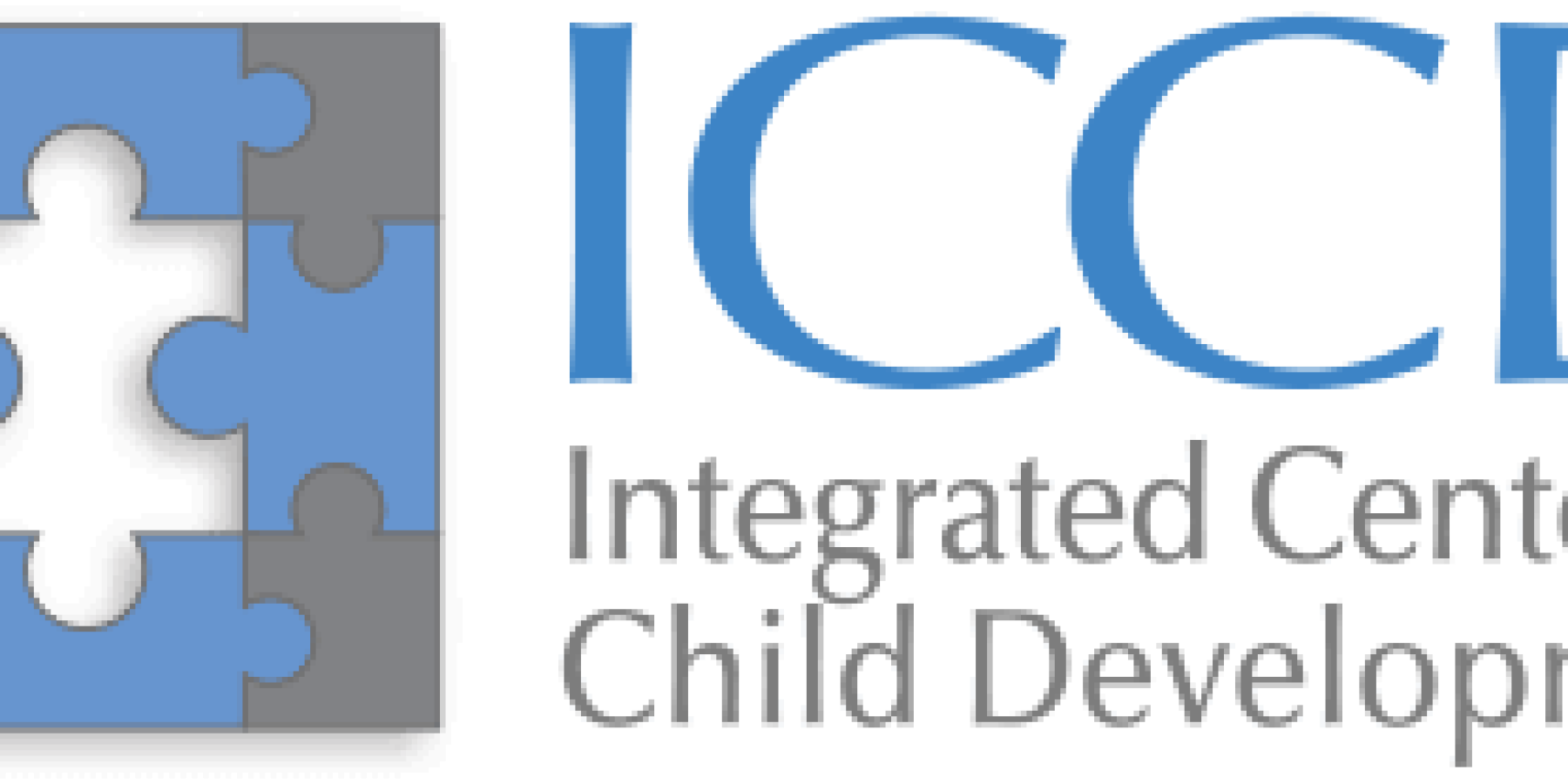Integrated Center for Child Development
Support
This summer I had the opportunity to work as an intern for the Integrated Center for Child Development. While working with the center, I was able to gain insight into the diagnosis and evaluation of young children for developmental disorders. In particular, with support from an advisor, a postdoc intern, and my fellow intern, we evaluated and scored a new questionnaire to become a diagnostic tool for autism spectrum disorder for children under the age of four. The questionnaire is called the TASI (Toddler Autism Spectrum Inventory) and was recently approved to begin testing with caregivers of young children.
In addition, my fellow intern and I worked to enter different studies and reports into various databases. While this task was tedious, it will be incredibly important for future studies done by the center.
Lastly, towards the end of the summer, I worked with the other intern and my advisor to develop individual poster presentations to be submitted to conferences. Our first completed poster was based on my advisor's former dissertation and focused on how sectors of executive functioning differed between children with a history of maltreatment compared to those who had a history of maltreatment but also an official diagnosis of PTSD. Children with PTSD had lower scores of Overall General Executive Functioning skills compared to those with a history of maltreatment without PTSD, however, the results did not reach a statistically significant difference in a post hoc analysis.
Our second poster was based on participants entered into a general database by my fellow intern and me. Our study was focused on 3 groups: children with a diagnosis of ADHD, a diagnosis of an anxiety disorder, or a diagnosis of both. After running statistical tests, we found that those with a diagnosis of ADHD have significantly lower processing speed indexes on a test called the WISC-V(Weschler Intelligence Scale for Children). The comorbidity group landed somewhere in the middle, leading to a hypothesis that a diagnosis of an anxiety disorder may actually be beneficial to processing speed in children.
Overall, while working with ICCD I got first-hand experience working with kids and studying different developmental disorders. I learned how to evaluate children using multiple different psychological tests while simultaneously learning different treatment techniques to help them. I also learned how to create and submit poster publications to national psychological conferences. Without this generous grant, I wouldn’t have been able to support myself and accept this opportunity. I am incredibly grateful and hope that this grant program continues, as its impacts do not go unnoticed.

